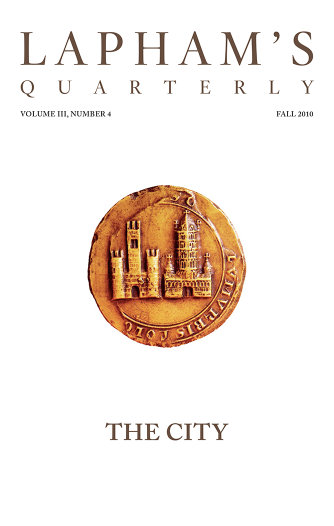As darkness makes us timid and apt to see terrifying shapes everywhere, there is something similar in the effect of indistinct thought; and uncertainty always brings with it a sense of danger.
Hence, toward evening, when our powers of thought and judgment are relaxed—at the hour, as it were, of subjective darkness—the intellect becomes tired, easily confused, and unable to get at the bottom of things. If in that state we meditate on matters of personal interest to ourselves, they soon assume a terrifying aspect. This is mostly the case at night, when we are in bed; for then the mind is fully relaxed, and the power of judgment quite unequal to its duties. But imagination is still awake. Night gives a black look to everything, whatever it may be. This is why our thoughts, just before we go to sleep, or as we lie awake through the hours of the night, are usually such confusions and perversions of facts as dreams themselves. When our thoughts at that time are concentrated upon our own concerns, they are generally as black and monstrous as possible. In the morning all such nightmares vanish like dreams: as the Spanish proverb has it, Noche tinta, bianco el dia—the night is colored, the day is white.
But even toward nightfall, as soon as the candles are lit, the mind, like the eye, no longer sees things so clearly as by day. It is a time unsuited to serious meditation, especially on unpleasant subjects. The morning is the proper time for that—as indeed for all efforts without exception, whether mental or bodily. For the morning is the youth of the day, when everything is bright, fresh, and easy of attainment. We feel strong then, and all our faculties are completely at our disposal. Do not shorten the morning by getting up late or waste it in unworthy occupations or in talk; look upon it as the quintessence of life. Evening is like old age: we are languid, talkative, silly. Each day is a little life: every waking and rising a little birth, every fresh morning a little youth, every going to rest and sleep a little death.
From Counsels and Maxims. Born in Danzig in 1788, the pessimist philosopher moved to Frankfurt in the 1830s and remained there until his death in 1860. “It might be said,” Schopenhauer posits elsewhere in this collection, “that sleep is the interest we have to pay on the capital which is called in at death; and the higher the rate of interest and the more regularly it is paid, the further the date of redemption is postponed.”
Back to Issue

